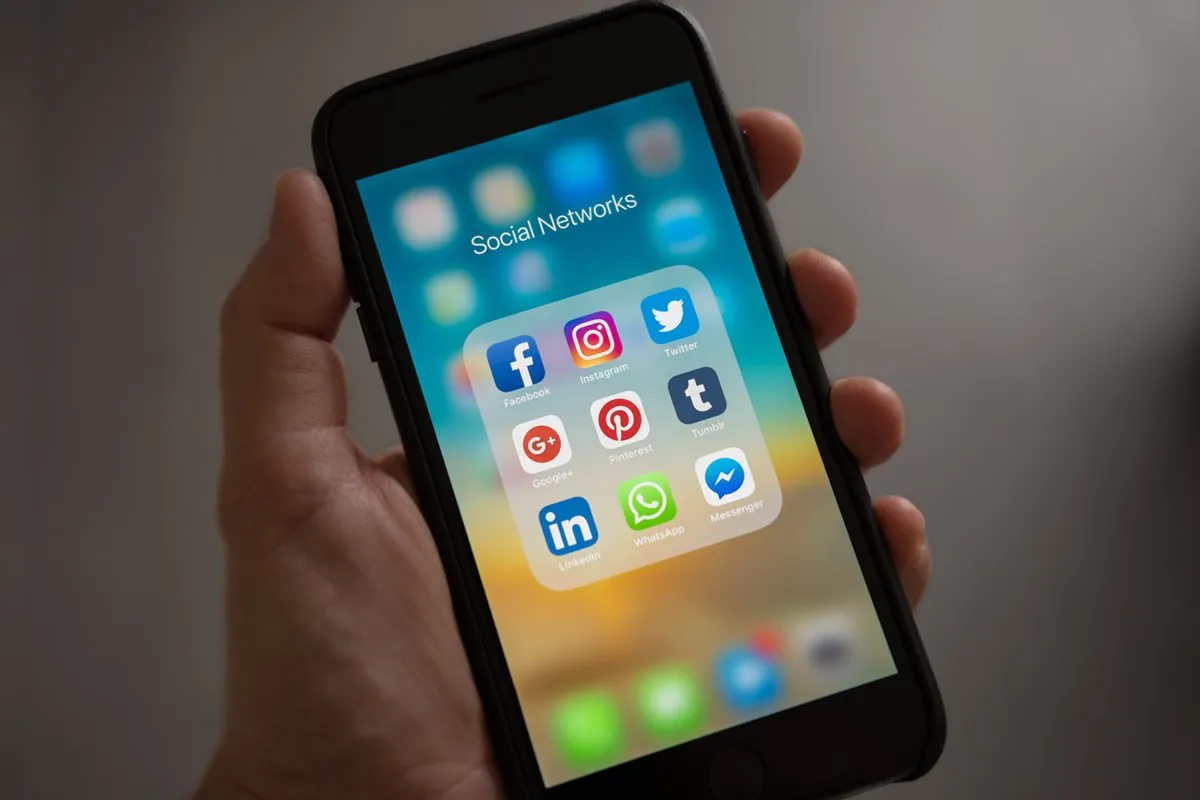

These days, hacking into someone else’s social media account is a common form of cybercrime. These social platforms, which include Facebook, Instagram, Twitter, and Snapchat, are like candy stores to cybercriminals. Users of social media sites report feeling at ease and safe enough to speak frankly and openly with one another. They also report being willing to spend time and money on social channels daily (and even hourly).
Anyone who gains access to your social media account can access your locality, family name, birthday, street address, city, and even your pet’s name. If you use the same password for multiple accounts, the hacker can access all of them, send spam in your name, post as you, etc. ExpressVPN reports that the average person spends three minutes and 46 seconds resetting a password each time they forget it.
Taking everything into account, you may find yourself extremely exposed and frustrated. Nonetheless, don’t lose hope! Protecting your privacy and warding off hackers is not tricky. Read on to discover a few ways to secure your accounts.
One of the best methods to keep your social media profiles safe from intruders is to enable two-factor authentication. It verifies the account holder’s identity with a combination of the account holder’s password and a verification number delivered to the account holder through an app, email, or text message.
While this method of logging in is a little more involved than simply using a password, it significantly improves the security of your social media accounts and the information you share.
A social media post scheduler is an example of a third-party tool that needs access to your account to do its job. Always check the application’s legitimacy before granting access. Read the fine print before permitting any software.
Always check the fine print before providing access; some apps need the bare minimum of rights, such as the ability to read and submit content. It’s a good idea to check the apps that have access to your social media accounts by logging into each one individually.
We’re used to being cautious about phishing emails, but there are still plenty of phishing attacks on social media. Identical guidelines must be followed. Don’t click on links sent to you via unsolicited IMs or emails. Keep your private information close at hand. Never give out your personal information, such as email, address, or phone number. Posts and websites labeled as “quizzes” may be ploys to glean information that can be utilized in an attack.
The ubiquity of social media has led to an explosion of online disclosure of all kinds of private data. All this data indeed increases your digital footprint. Do not feel obligated to complete any field just because it is present.
You might leave some sections of your social network profile blank or provide a general response. Instead of listing a specific employer, you might list the industry you work in. Hackers can easily circumvent security questions by using seemingly innocuous information, such as a person’s maiden name or place of origin.
Passwords are the first security line, so make sure each account uses a different, strong password. However, with so many accounts available, remembering dozens of secure and unique passwords might feel like a chore, leading us to resort to using and reusing weaker ones. That only one password can unlock several accounts is a dream for hackers. To avoid this, you should use a password manager to generate and store passwords on your behalf.
Having a secure password is crucial. They help keep your private information safe, but if you’re guilty of password reuse, password rotation, or employing too simple passwords, you’re inviting hackers into your accounts. To secure the highest level of protection for your private data, you should be familiar with the characteristics of a strong password.
Employing the same password for many accounts or using a password considered “weak” leaves you open to cyber attacks. Social networking, banking, email, and other private information accounts might all be compromised if hackers could crack users’ passwords. Someone could steal your identity if they get their hands on this data. Therefore, it is crucial to develop a secure password.
A healthy dose of prudence is in order when interacting on social media. Users of social media may not always be who they claim to be. Before accepting a friend request, link, or follow, be sure you know the person making the request.
Your digital footprint, which includes anything you upload to the internet, like images and status updates, is something else to consider. Identity thieves and phishers can benefit from this data’s availability on the open web. Take caution!
Nigeria’s gross official reserves dropped by $1.2 billion month-on-month (MoM) to $37.2 billion at the…
The World Bank has warned that Nigeria’s current economic growth rate of 3.5 percent is…
The management of Guaranty Trust Company (GTCo) has said the decision for its annual Autism…
By Nathaniel Adojutelegan THE enactment of the Revenue Mobilisation, Allocation and Fiscal Commission Act, 2025…
HUMAN angle stories are about drama of life, and it can be no surprise that…
Officials confirmed that several historic cabins, employee housing, and an administrative office were among the…
This website uses cookies.